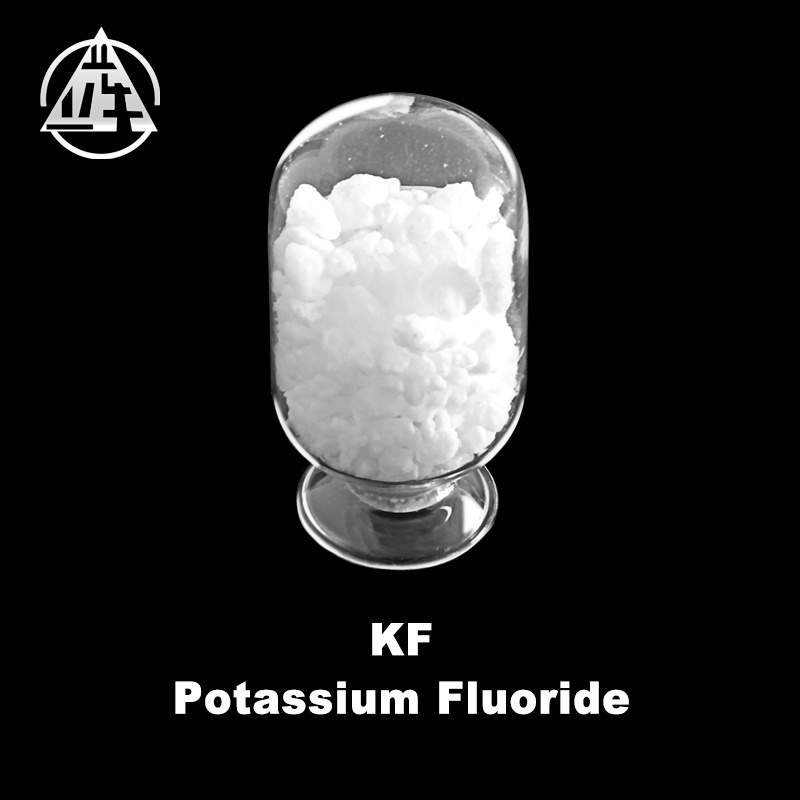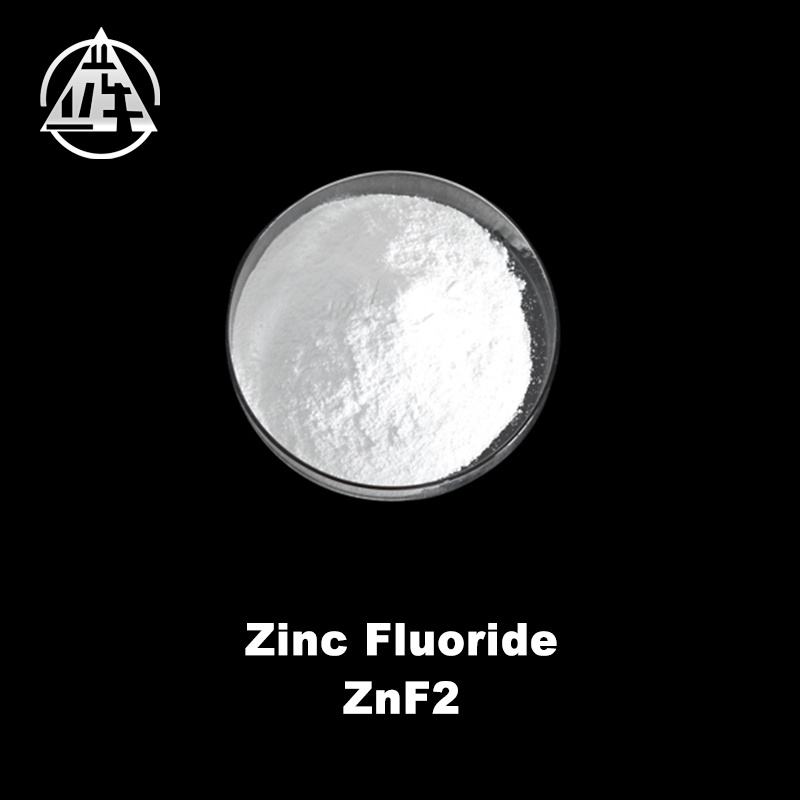Zinc Fluoride (ZnF2) – The Essential Inorganic Salt in the Chemical Industry
Release Time:
2023-08-14
Introduction: Zinc fluoride (ZnF2) is a paramount inorganic salt widely utilized in the chemical industry, specifically in the realm of inorganic raw materials. This article explores the properties, applications, and advantages of Zinc fluoride, shedding light on its indispensability in various industrial processes. 1. Properties and Composition: Zinc fluoride (ZnF2) is an inorganic compound compo
Introduction:
Zinc fluoride (ZnF2) is a paramount inorganic salt widely utilized in the chemical industry, specifically in the realm of inorganic raw materials. This article explores the properties, applications, and advantages of Zinc fluoride, shedding light on its indispensability in various industrial processes.
1. Properties and Composition:
Zinc fluoride (ZnF2) is an inorganic compound composed of zinc and fluorine elements. It appears as a colorless crystalline solid with a molecular weight of approximately 103.38 g/mol. The compound's chemical formula is ZnF2, representing its composition of one zinc atom bonded to two fluorine atoms.
2. Applications in the Chemical Industry:
2.1 Catalyst:
Zinc fluoride serves as a catalyst in numerous chemical reactions, promoting the conversion of one substance into another without being consumed in the process. Its presence enhances reaction rates, allowing for more efficient production processes.
2.2 Electroplating:
In the field of electrochemistry, zinc fluoride finds application in the electrodeposition of various metals. It facilitates the formation of smooth and uniform metal coatings, providing corrosion resistance and improved aesthetic appeal to the plated objects.
2.3 Glass Manufacturing:
Zinc fluoride acts as a crucial component in the production of specialized glasses, including high-refractive-index glasses and fluorophosphate glasses. Its incorporation in glass formulations enhances optical properties, such as transparency and refractivity, making it ideal for lenses, prisms, and optical fibers.
2.4 Dental Products:
Zinc fluoride is commonly utilized in oral health products, including toothpaste and mouthwash. It aids in preventing tooth decay by strengthening tooth enamel and reducing the risk of acid erosion, ultimately promoting dental health.
3. Advantages and Safety Measures:
3.1 High Thermal Stability:
Zinc fluoride exhibits exceptional stability at high temperatures, making it suitable for applications that involve elevated heat levels, such as glass melting and metallurgical processes.
3.2 Non-Toxic Nature:
When used in accordance with safety guidelines, zinc fluoride is generally considered non-toxic. However, as with any chemical substance, proper handling, storage, and disposal practices should be followed to ensure safety in industrial and consumer applications.
In conclusion, zinc fluoride (ZnF2) holds immense importance as an essential inorganic salt in the chemical industry. From its role as a catalyst to its applications in electroplating, glass manufacturing, and dental products, this versatile compound plays a vital role in diverse industrial processes. Understanding its properties, applications, and safety measures fosters a deeper appreciation for the multifaceted nature of zinc fluoride in the realm of inorganic raw materials.
Zinc fluoride (ZnF2) is a paramount inorganic salt widely utilized in the chemical industry, specifically in the realm of inorganic raw materials. This article explores the properties, applications, and advantages of Zinc fluoride, shedding light on its indispensability in various industrial processes.
1. Properties and Composition:
Zinc fluoride (ZnF2) is an inorganic compound composed of zinc and fluorine elements. It appears as a colorless crystalline solid with a molecular weight of approximately 103.38 g/mol. The compound's chemical formula is ZnF2, representing its composition of one zinc atom bonded to two fluorine atoms.
2. Applications in the Chemical Industry:
2.1 Catalyst:
Zinc fluoride serves as a catalyst in numerous chemical reactions, promoting the conversion of one substance into another without being consumed in the process. Its presence enhances reaction rates, allowing for more efficient production processes.
2.2 Electroplating:
In the field of electrochemistry, zinc fluoride finds application in the electrodeposition of various metals. It facilitates the formation of smooth and uniform metal coatings, providing corrosion resistance and improved aesthetic appeal to the plated objects.
2.3 Glass Manufacturing:
Zinc fluoride acts as a crucial component in the production of specialized glasses, including high-refractive-index glasses and fluorophosphate glasses. Its incorporation in glass formulations enhances optical properties, such as transparency and refractivity, making it ideal for lenses, prisms, and optical fibers.
2.4 Dental Products:
Zinc fluoride is commonly utilized in oral health products, including toothpaste and mouthwash. It aids in preventing tooth decay by strengthening tooth enamel and reducing the risk of acid erosion, ultimately promoting dental health.
3. Advantages and Safety Measures:
3.1 High Thermal Stability:
Zinc fluoride exhibits exceptional stability at high temperatures, making it suitable for applications that involve elevated heat levels, such as glass melting and metallurgical processes.
3.2 Non-Toxic Nature:
When used in accordance with safety guidelines, zinc fluoride is generally considered non-toxic. However, as with any chemical substance, proper handling, storage, and disposal practices should be followed to ensure safety in industrial and consumer applications.
In conclusion, zinc fluoride (ZnF2) holds immense importance as an essential inorganic salt in the chemical industry. From its role as a catalyst to its applications in electroplating, glass manufacturing, and dental products, this versatile compound plays a vital role in diverse industrial processes. Understanding its properties, applications, and safety measures fosters a deeper appreciation for the multifaceted nature of zinc fluoride in the realm of inorganic raw materials.



